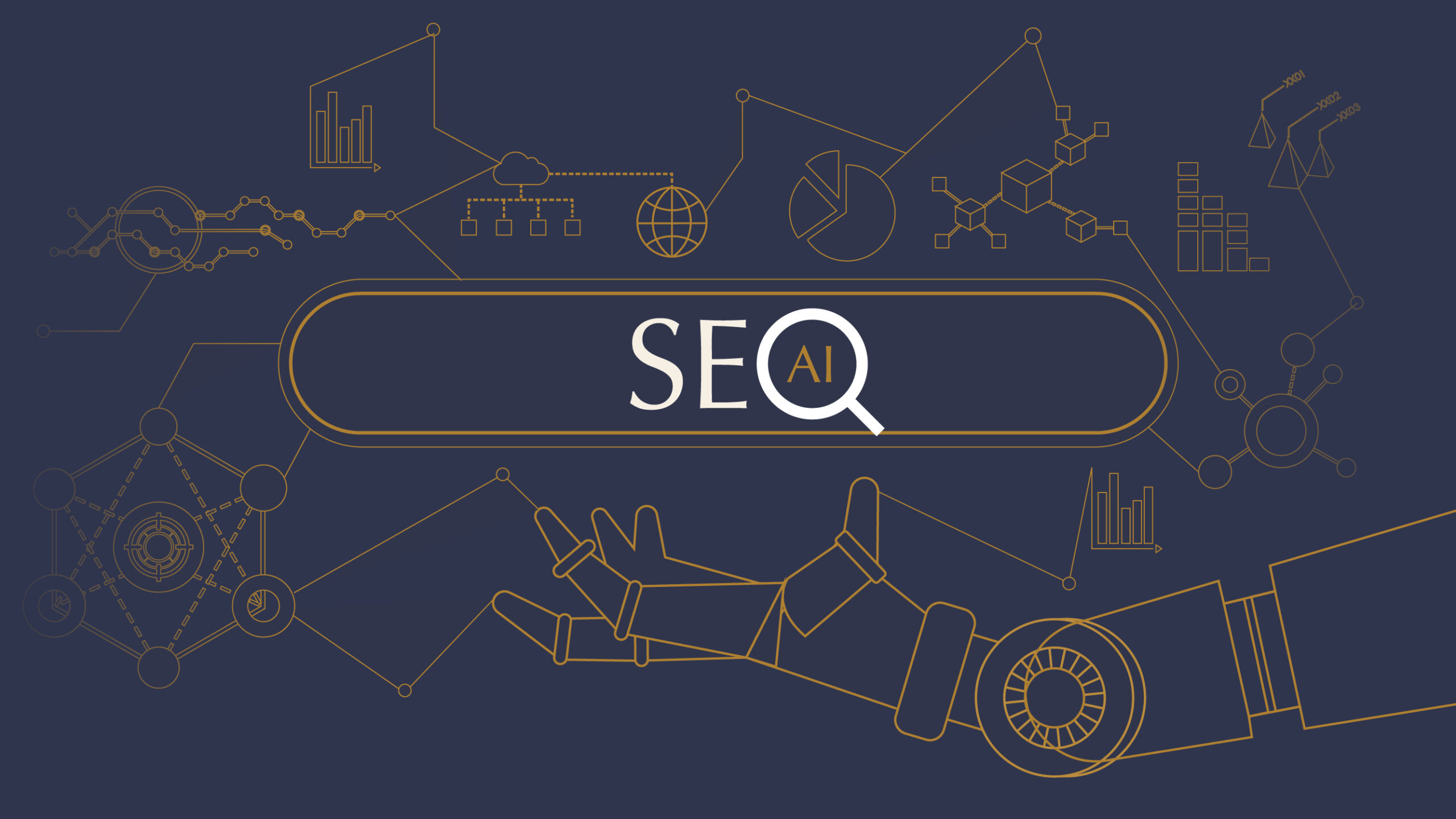
How AI is already impacting your SEO strategy
According to a recent statistic, companies using AI for SEO outperform their competitors by 50%. A pretty outstanding number, right?! But for good reason…
Using AI for SEO allows companies to automate repetitive tasks, such as keyword research and content optimisation, saving time and resources. AI algorithms can also analyse vast amounts of data quickly and accurately, providing valuable insights into market trends and customer behaviour. All this will put you head and shoulders above your competitors who are not using AI in their SEO.
With AI being such a dominant force in marketing (and every other industry) it’s already having a big impact on our SEO strategies.
So we’re going to look at how AI is already impacting your SEO strategy. Firstly, let’s look at how Google’s recent update is going to affect us all.
Google’s 2024 update and what that means for SEO
Google’s March 2024 core update will have a significant impact on search engine rankings and website traffic. This update is part of Google’s ongoing efforts to improve the quality of search results and provide users with more relevant and authoritative content. SEO experts are closely monitoring the effects of this update on various websites and industries, as changes in rankings can have a significant impact on organic traffic and online visibility.
An interesting development is how small AI content sites have come under scrutiny. Google’s ability to detect AI-generated content has become more refined, resulting in penalties even for smaller players in this field.
Additionally, Google is cracking down on unhelpful, irrelevant, and unoriginal content in search results. The tech giant aims to eliminate around 40% of low-quality websites that offer little value and a subpar user experience. These are the pages that exist solely to target certain search terms without providing any real substance. Any website caught breaching Google’s rules or using shady SEO techniques will face more than just a slap on the wrist. They risk being completely wiped out from search results and the index altogether. It’s a stern warning to webmasters to clean up their act and focus on delivering quality content that genuinely benefits users.
How can you battle this?
It’s crucial to prioritise user experience considering the new algorithm updates. Your website needs to be visually appealing and user-friendly. Those that only prioritise keyword optimisation over overall user experience design will face consequences.
What do SEO and AI have in common?
AI technologies allow for more precise targeting of keywords and optimisation of content to meet the needs and preferences of the target audience. AI-powered tools can also provide valuable insights into competitors’ strategies, helping businesses stay ahead in the ever-evolving digital landscape. Additionally, AI can automate repetitive tasks, freeing up time for SEO professionals to focus on more strategic initiatives. The synergy between AI and SEO is revolutionising the way websites are ranked and ensuring that businesses can effectively connect with their target customers in the digital realm.
Search Engines
Artificial intelligence (AI) has revolutionised the way search engines operate by enabling more sophisticated algorithms that can understand context, semantics, and user intent. This has led to improvements in search engine optimization (SEO) strategies, as businesses now must focus on creating high-quality, relevant content that aligns with user intent rather than just optimising for specific keywords. AI-powered algorithms also consider factors like user behaviour, location, and search history to provide personalized search results. Furthermore, AI has enabled the development of voice search technology, allowing users to search for information using their voice instead of typing. This has transformed the way people interact with search engines and has led to the rise of voice-activated devices like smart speakers.
What does this mean for SEO strategy?
AI-powered content generation solutions have highly evolved over the past few years, allowing marketers to generate high-quality, relevant, and optimised material at scale, enhancing their SEO efforts. AI has emerged as a potent tool for creating such material, speeding the process while preserving relevance and quality. AI and machine learning-powered content generation systems use Natural Language Processing (NLP) capabilities to generate high-quality material that matches user intent. NLP enables machines to interpret and process human language. This allows AI algorithms to analyse massive volumes of data, detect patterns, and generate coherent and informative material.
Final Word
Algorithms can easily generate blog posts, articles, product descriptions, and other sorts of material that people find useful and Natural language processing is critical in optimizing AI-generated content for search engine optimization and for the future of SEO. Content can be analysed using NLP algorithms to guarantee correct keyword usage, relevancy, and readability.


